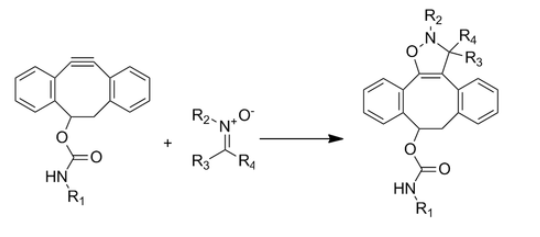because i love thinking about education systems
I was out shopping with my dad talking about uni stuff then I asked "Which units cost the most?" He said he didn't know but it didn't matter. At this point I was completely unaware of the existence of HECS and questioned whether he would be fine covering the units, because I was assuming he would pay for it (sorry if this is a rich kid moment). He laughed and then told me about HECS, and included the fact that there is a variable interest rate!
I fully support the existence of HECS. I love that it means students do not have to pay upfront for education. This makes education much more economically feasible assuming that post-university students will soon get stable income and thus be able to pay their loans off. What I disagree with is the variable interest rate. My idealised concept of HECS would be students get the loan, and they pay off the amount they receive annually, i.e. a loan with no interest. In 2002-03 the government made $1.18 billion in student loan repayments. This accounts for 0.672571429% of the overall revenue made in 2002-03 (yes I pulled up old budget docs).
I can certainly see the financial incentive behind a variable interest rate for student education, but I believe that this interest rate disencourages students. Disencouraged students means less people with degrees. Thus less educated people filling lower-paying jobs, and in the long term economic and scientific progress is stunted. This is bad, both for government coffers and the development of our society.
Remove the god damn interest rate.
 Above: Cycloaddition between a nitrone and a cyclooctyne
Above: Cycloaddition between a nitrone and a cyclooctyne